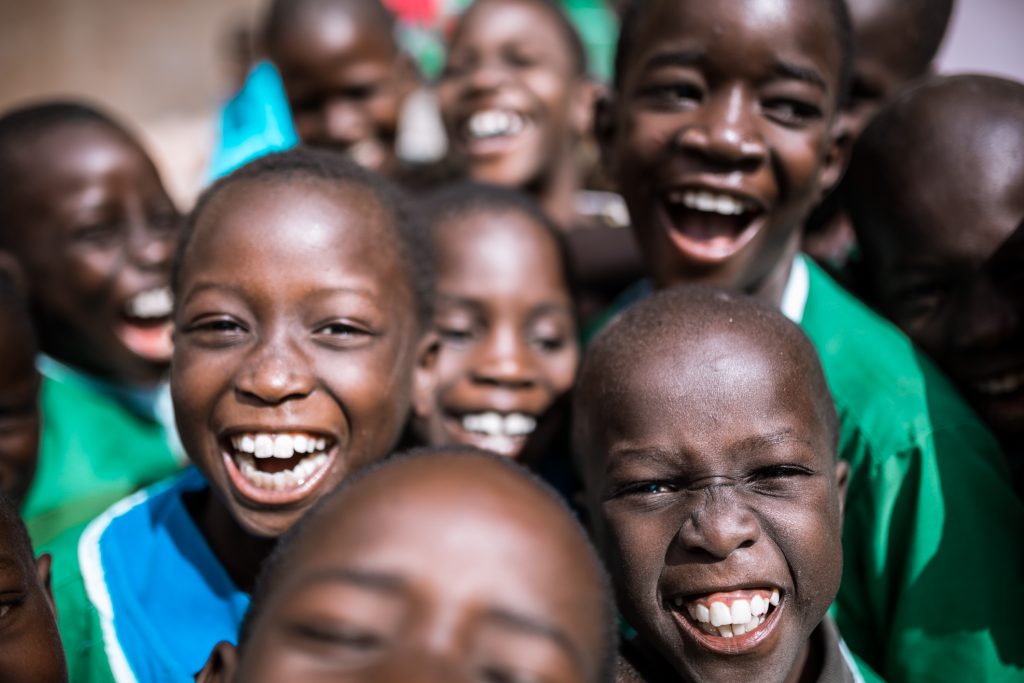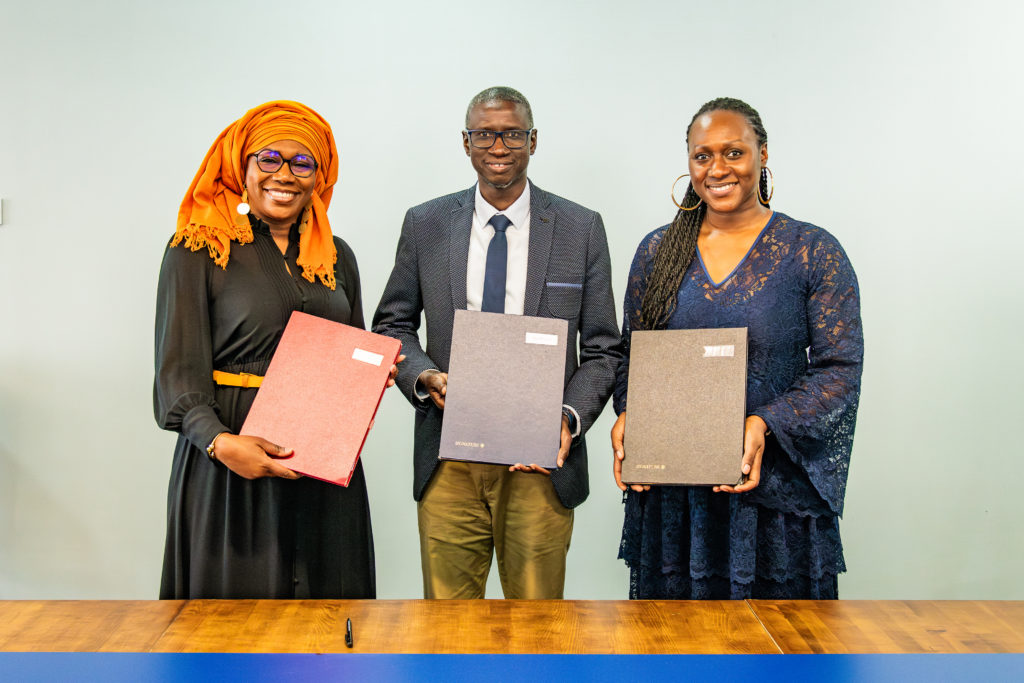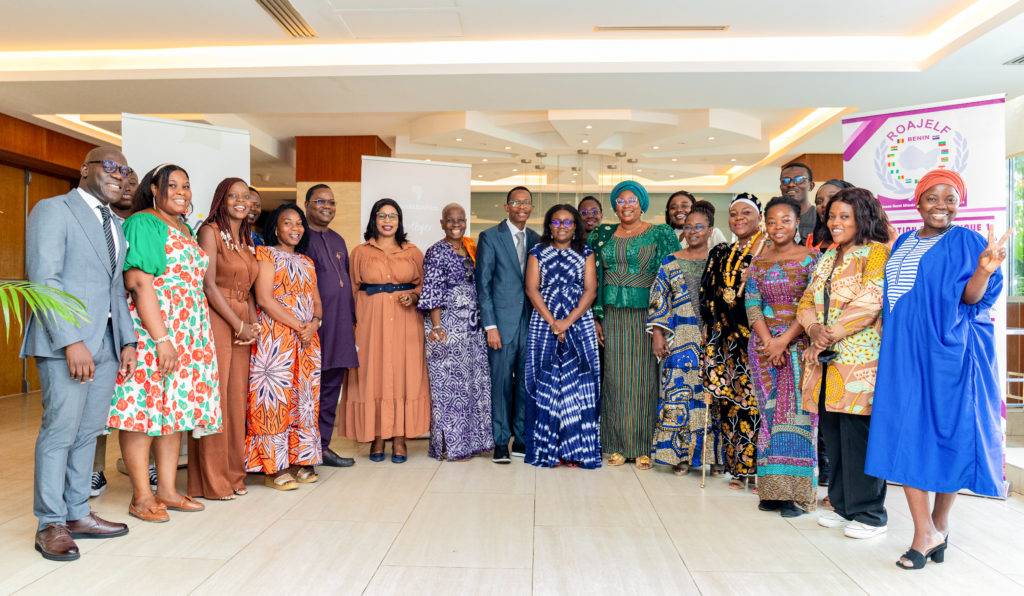Each one, teach one: The importance of community in advancing immunisation and tackling disease

By Prof Samba Sow, Director of the Center for Vaccine Development in Mali and WHO Special Envoy for COVID-19 in West Africa
In terms of immunisation, we are arguably at a critical inflection point. Inequalities and vaccine hesitancy have shown their true cost in the form of lives lost, as well as in widespread cultural attitudes towards immunisation, vaccines and vaccine distribution.
For Africa and Africans, access to vaccines has often felt more like a privilege than a right. With one in five people not having access to even the most basic of immunisations, easily-preventable diseases end up being a persistent problem in many African countries. In 2020, according to WHO estimates, roughly 17 million children worldwide missed out on vaccinations against deadly diseases such as measles, diphtheria, and tetanus.
The COVID-19 pandemic has highlighted the importance of vaccine equity. In late 2021 when scientists in South Africa identified the Omicron variant of COVID-19, many Western hemisphere nations almost immediately imposed travel restrictions to certain countries where Omicron had been identified. It is worth noting, however, that of those countries with identified cases of the Omicron variant, the only ones to have increased travel restrictions imposed on them – or indeed to see outright travel bans – were African countries.
So how does this factor into immunisation?
In 2021, the COVAX initiative was established to distribute COVID-19 vaccines to most countries in the world and thereby promote an equitable access. However, it has been difficult to make this fully effective, due to inadequate supply: high-income countries hoard surplus doses, causing low-income countries to be left behind. Thus, with many African countries, a tailored vaccine distribution strategy is critical, in order to ensure that the effects of many prominent tropical diseases are minimised.
At Speak Up Africa, one of our major pillars is ensuring access to good health for everyone. I am proud to champion the Stay Safe Africa program, which was established to help address some of the challenges inherent to COVID-19. Stemming the spread of COVID-19 is the first priority. The second is to maintain access to and improve support services for other vaccines and health issues. COVID-19’s effects must not be underestimated, and dedicating resources to its elimination should be prioritized. But we cannot afford to overlook other major health issues either.
While some countries are enjoying increased freedoms from COVID-19 restrictions, many others are still on the long road to recovery. This is due, in part, to many countries having rates of full vaccination below 10%. Vaccine hesitancy is part of the issue, as are political, economic, and other infrastructural considerations.
As we have seen with COVID 19, viruses continually evolve and mutate; as such they need to come as close as possible to elimination. As a consequence, global vaccination needs to be prioritised, in order to reduce the risk and opportunities for virus mutations to gain purchase.
The COVAX initiative has in some ways been successful but without adequate funding it will not succeed. At the same time, it should be noted that the drive to globally vaccinate presents a unique opportunity: to help lower-income countries improve their delivery capacity.
Globally, vaccine hesitancy costs more than lives. Given the population of the African continent, the relative porosity of borders between countries, and the high transmissibility of COVID-19, it is critical that Africa be prioritised in the fight against COVID-19. Wealthier countries have found it difficult to stem the prevalence of COVID-19; how much greater is the problem, then, for African countries, where even before the pandemic most healthcare systems already had difficulties in providing for the needs of their people?
Investment in countries’ abilities to deliver vaccines will have a positive impact on the health care system. Focusing on replenishment and funding will help bridge some of these gaps for developing countries.
Leading by example, working with communities and deploying people who can dispel myths and miscommunication about vaccines and attest to the benefits of immunisation will have untold value – and may even help counteract the societal spread and effects of other tropical diseases. Community support, endorsement and empowerment, could yet lead to a significant shift in attitudes, reducing vaccine hesitancy and paving the way for better health in all our communities.


